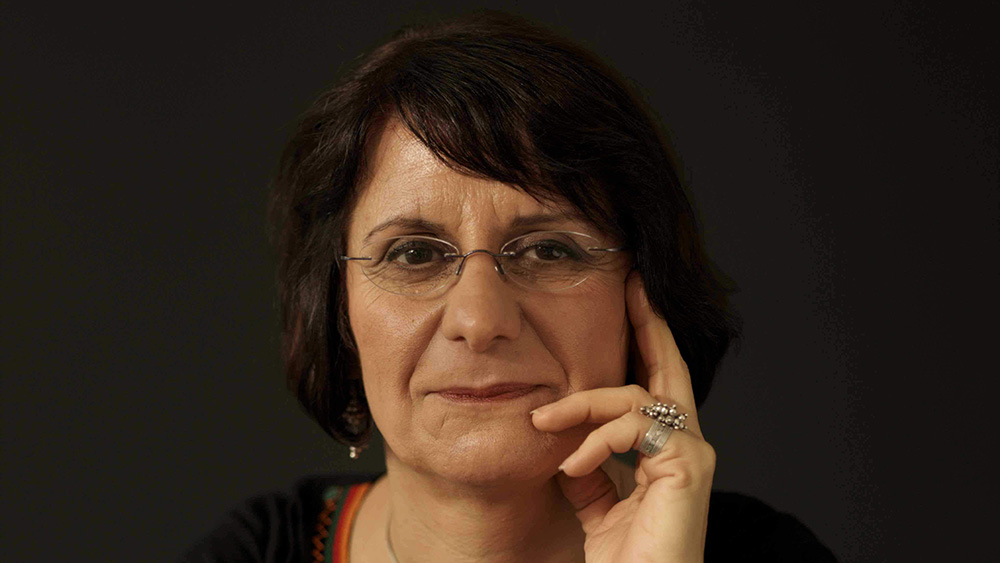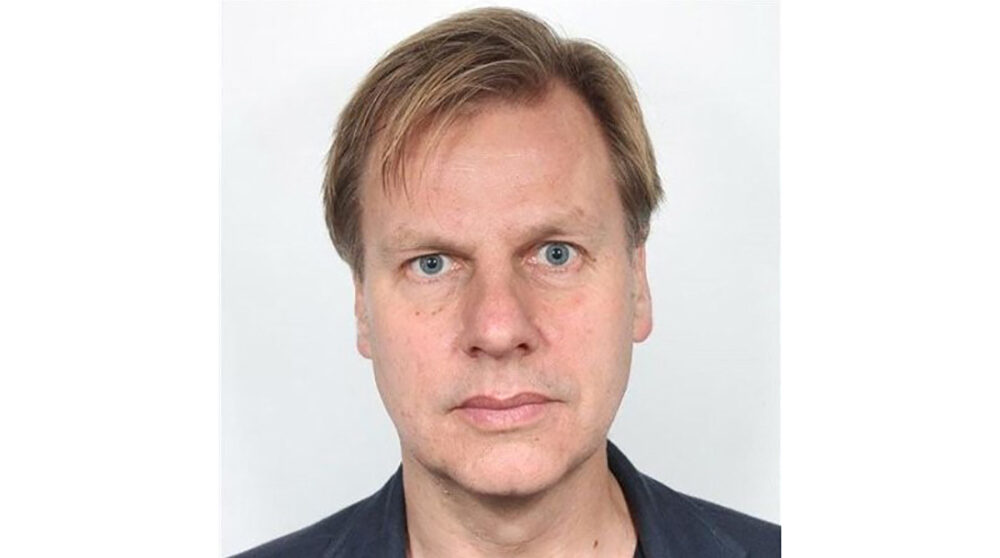CHRONICLE. In 2016, writer Azar Mahloujian visited the Moria refugee camp on the Greek island of Lesbos. Now, seven years later, she is back in a camp where material things have improved, while fear and uncertainty still linger on.
This is a chronicle. The opinions expressed in the article are those by the author.
When I arrive in Lesbos in May 2023, Moria is just a memory, a bitter memory. Moria, Europe’s worst refugee camp, had a capacity for 3,600 people, but when it was set on fire in 2020, approximately 23,000 refugees lived there without access to clean drinking water or basic sanitation.
I visited Moria in 2016 to see with my own eyes the living conditions of the refugees. Moria was then surrounded by high barbed wire fences and the guards stopped me. I went outside the camp and stood where some volunteers from a Dutch aid organisation were handing the refugees bananas and sandwiches through the barbed wire. I felt discomfort, a kind of sadness at seeing people in need of the charity of others. An African man who had noticed me waved his sandwich and laughed to cheer me up. Some others stood beside him and asked where I came from. The answer caused the African to disappear and return with a young Afghan man. The Afghan asked in Farsi if I wanted to enter the camp? He pointed to a place where a hole had been cut in the barbed wire. I wound my way through the hole and came to the other side to face hell on earth.
All around were thousands of tents, made of whatever they could find, from fabric, plastic, and blankets. Inside, people sat or lay on bare ground. Some seemed to be completely gone. Some stared at me with curiosity and others with suspicion. The Afghan looked at me worriedly, said it was dangerous for me to stay there. The guards could arrest me if they saw me. He himself would be punished for taking me into the camp. I understood the seriousness of what he said and hurried out. A young Afghan mother with her baby in her arms was heading towards her tent. She also warned me that I could get into trouble. She herself felt insecure among all the strange men. She drank less to avoid having to go outside to pee, even if her husband came along.
Now, refugees are kept in a new super-modern camp, one of the five ”Closed-controlled access centers” that have been built on five Greek islands, Lesbos, Samos, Chios, Kos and Leros. They were financed entirely by the EU and the cost was 280 million Euros, according to Swedish EU Commissioner Ylva Johansson.
I walk around the camp but can’t find a hole in the barbed wire this time. I stop outside and wait for refugees who have formed a long line inside for guards at the gate to check their IDs and fingerprints before they are allowed out for a few hours during the day. I wonder if refugees feel safe and happy now that they have left the dangerous boat journey behind them and come to safety in Europe?
They say that they get food for the day, have a roof over their heads and live in containers with air conditioning, but at the same time they suffer from waiting in uncertainty, from the children having nightmares and in the morning asking their parents never to take them to the sea again. There are men lying in bed all day, risking to lose permission to leave the camp and food rations disappearing if their asylum application is rejected, forcing them to return to their homelands where dictatorships, civil war or poverty await them.
They tell us that their only comfort is volunteers from aid organisations, local and international, who care about the refugees, consider them as human beings, give them legal advice, also friendship, community, warmth and make them forget their worries for a few hours outside the camp. ”If they hadn’t existed, we could call this camp ’Europe’s Guantanamo,'” says a Nigerian refugee.
And I wonder if citizens of EU countries are aware that modern prisons have been built to hold refugees awaiting deportation in their name? And if so, how come they don’t bother to question this and protest against the politicians in charge?
Azar Mahloujian
Swedish-iranian writer
Read also


